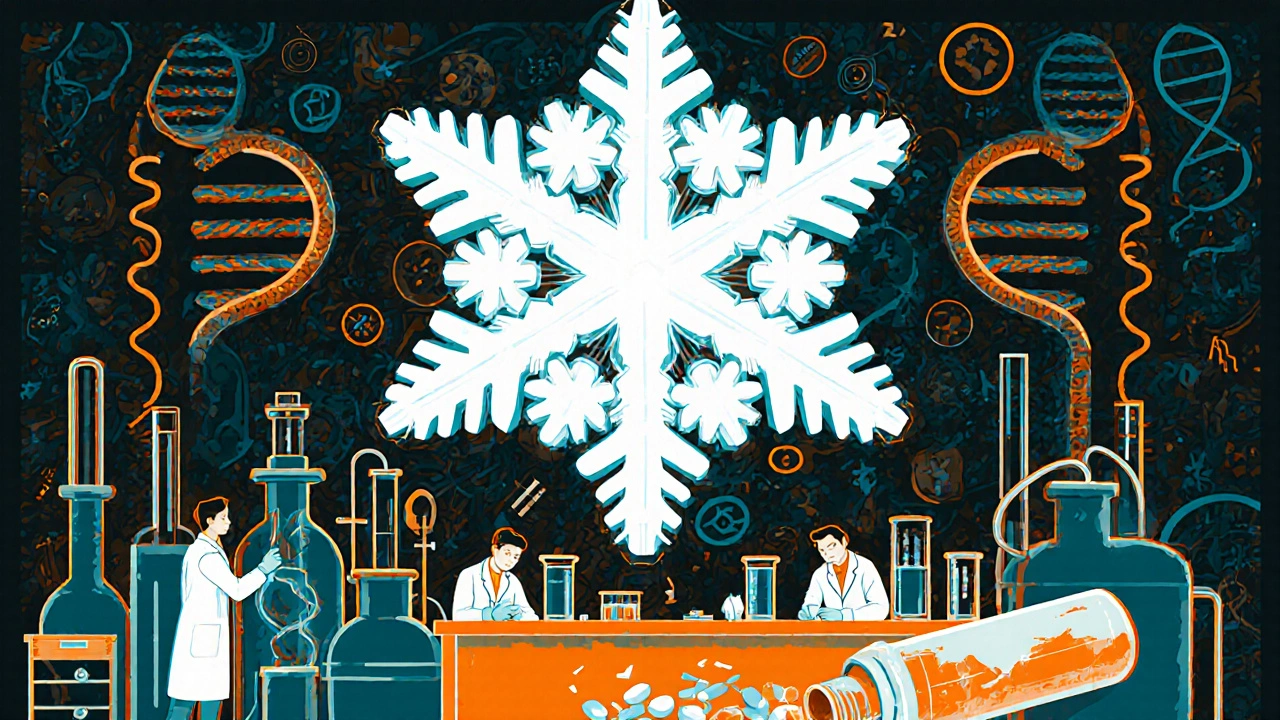Biologic Drugs: What They Are, How They Work, and What You Need to Know
When you hear biologic drugs, complex medications made from living organisms that target specific parts of the immune system. Also known as biologics, they’re not like the pills you’ve taken for a cold or headache. These are precision tools—engineered in labs using cells, proteins, or antibodies—to stop diseases at their source. Unlike traditional drugs that are chemically synthesized, biologics are grown in living systems. That’s why they’re often injected or infused, not swallowed. They’re used for serious, long-term conditions like rheumatoid arthritis, psoriasis, Crohn’s disease, and certain cancers—diseases where the body attacks itself or grows out of control.
One of the biggest shifts in medicine over the last 20 years has been the rise of targeted therapy, a treatment approach that focuses on specific molecules involved in disease progression. Biologic drugs are the backbone of this approach. Instead of hitting the whole immune system like steroids do, they zero in on one protein, one pathway, one error in the body’s signaling. That means fewer side effects for many people—but not zero. Because they’re so powerful, they can lower your body’s ability to fight infections. That’s why doctors check for TB or hepatitis before starting treatment.
Then there’s biosimilars, highly similar versions of biologic drugs that come after the original patent expires. Also known as follow-on biologics, they’re not generics—they’re too complex to copy exactly. But they work the same way, cost less, and are approved by strict standards. In the U.S. and Europe, biosimilars are already cutting costs for patients with autoimmune diseases. In Australia and other countries, they’re starting to become more common. This is huge. For someone paying $20,000 a year for a biologic, a biosimilar might bring that down to $5,000.
Biologic drugs don’t cure diseases, but they can stop them from getting worse. Many people on these meds go from barely walking to hiking again. From constant pain to sleeping through the night. But they’re not for everyone. Some people don’t respond. Others get infections. A few develop antibodies that make the drug stop working. That’s why treatment is always personalized. Your doctor doesn’t just pick a biologic—they test, watch, adjust. And they’re not alone. Patient groups, pharmacists, and even online communities are sharing real-world experiences—what worked, what didn’t, what side effects to expect.
What you’ll find in the posts below isn’t just a list of drug names. It’s a collection of real stories and clear comparisons: how one biologic stacks up against another, what alternatives exist, how side effects show up, and how people manage them. You’ll see how these drugs connect to things like liver health, skin conditions, and even cancer risk. No fluff. No jargon. Just what matters when you’re trying to decide what’s right for you.

